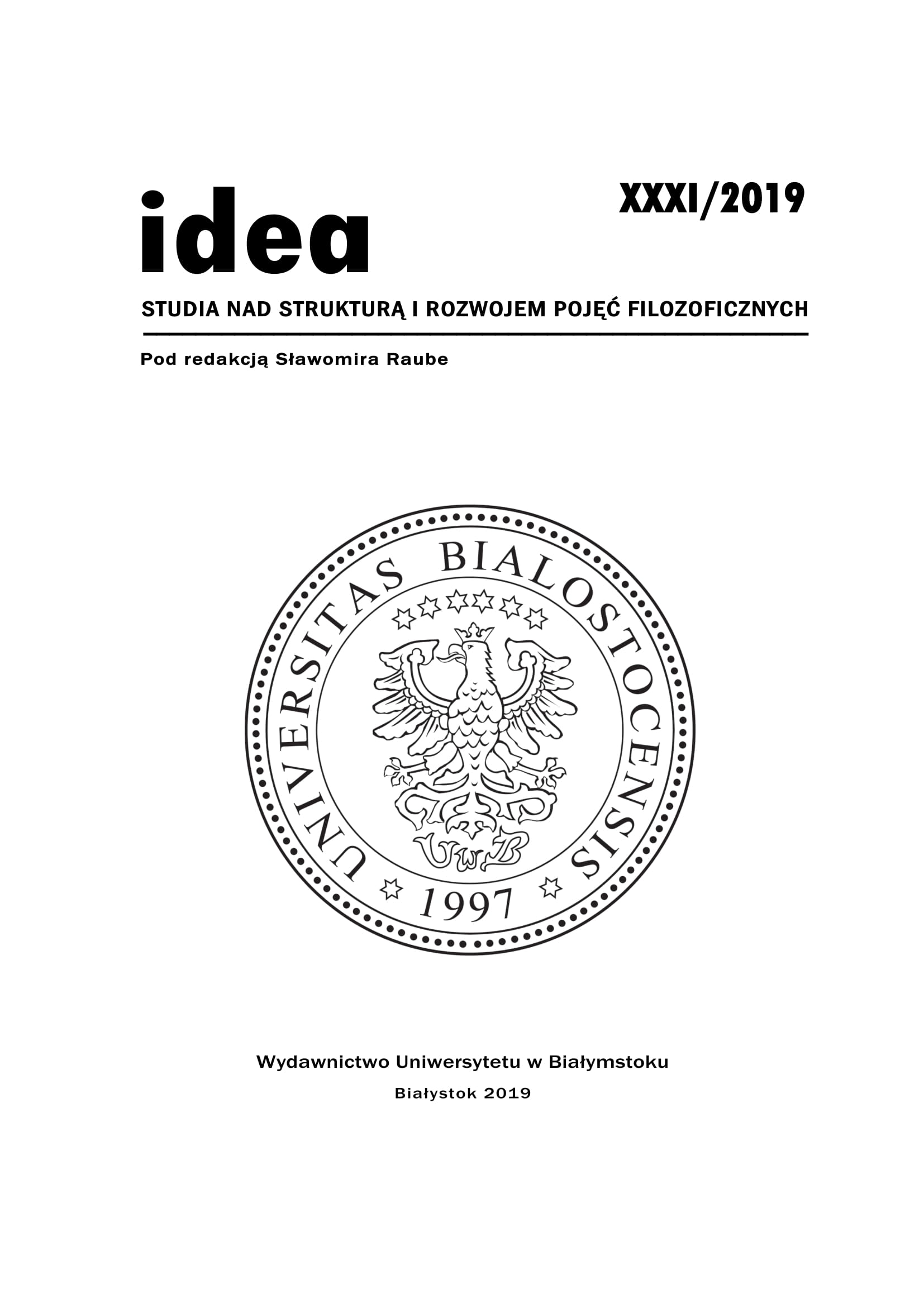Rewiry metafory. Między ozdobą dyskursu a zwierciadłem duszy
The hunting grounds of metaphor. Between an ornament of discourse and a mirror of the soul
Author(s): Katarzyna PopekSubject(s): Philosophy, Language and Literature Studies, Theoretical Linguistics, Rhetoric
Published by: Wydawnictwo Uniwersytetu w Białymstoku
Keywords: contexts of metaphor; decoration or mirror; problems with a paraphrase of metaphors; pragmatics; metaphor as a puzzle
Summary/Abstract: The purpose of the text is to make some reconnaissance in the area of title "districts of metaphor" (or hunting grounds of metaphor) as well as reference to the unsolvable problems which are implied by a metaphorical mystery of metaphysical expressions. Thy are the order of the day in the main currents of philosophy. Starting from the rhetorical tradition of metaphor (the Aristotelian attempts of definition of metaphor as such) and of terms additional related with it (Max Black), I gradually illustrate what involves its post-rhetorical tradition. I show that philosophical symbolism derives from Aristotle’s hermeneutics, which becomes a gateway for understanding the mystery of metaphor. Like browsing in themselves mirrors, it grows also from simple phrases in complex sentences. In semantic sense, while the symbol has many meanings, the metaphor has a double meaning. It is not however limited by this matter, because in some sense, it has broader content than a symbol, as it introduces into language meanings that in the symbol are only internal (Paul Ricoeur). We also encounter reflective metaphors in our everyday speech and in the attempts of associative penetration into other people's expression. Conceptual decoding of metaphors is common for users of language (George Lakoff, Mark Johnson). On the other hand, there are specific districts of metaphorical expressions, which are reserved for poetic metaphors (Donald Davidson). Noteworthy are also the very unobvious contexts of metaphor in which the authors do not talk about this linguistic phenomenon directly (eg. Gottlob Frege, Ernst Cassirer). Declarative answer to the question whether the metaphor is a simply ornament of discourse or rather a mirror of the soul, is not possible too. Perhaps the metaphor as such includes the both variants. One must consider that being an ornament of speech or writing does not rule out it is also something more than just decoration. It wonders, bothers, disquiet, returning us into our souls. It is also like the unifying soul of all people – in cognitive sense.
Journal: Idea. Studia nad strukturą i rozwojem pojęć filozoficznych
- Issue Year: 2019
- Issue No: XXXI
- Page Range: 46-69
- Page Count: 24
- Language: Polish

